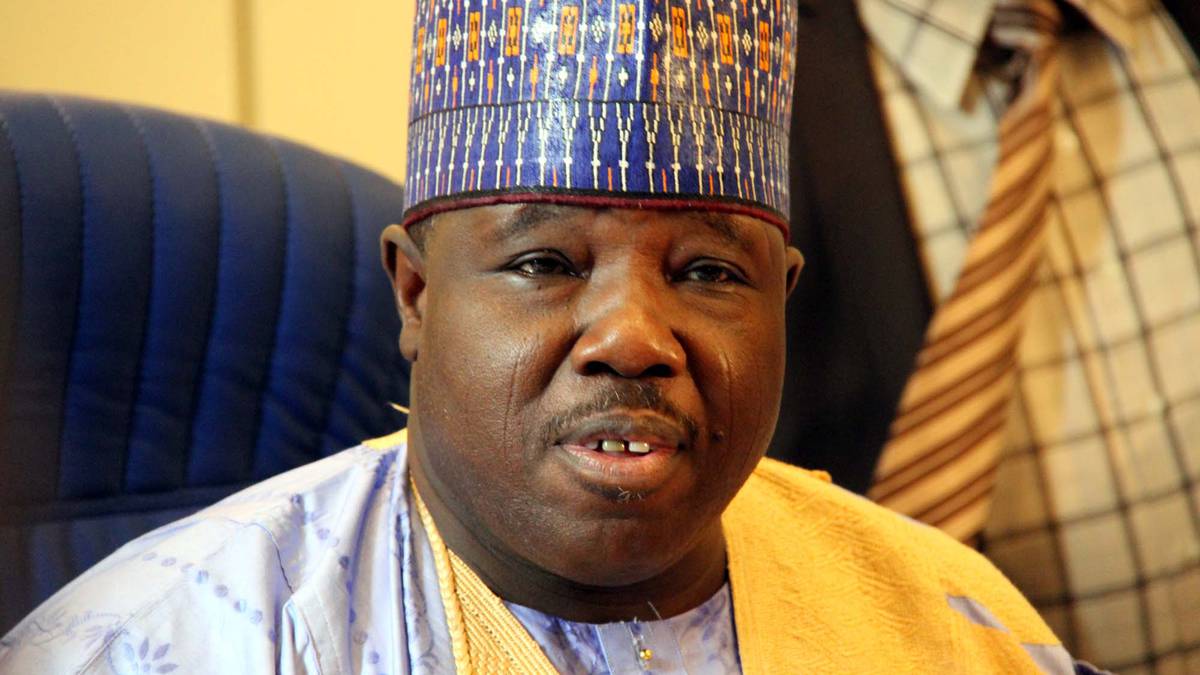The federal executive council (FEC) has approved a set of transformative policies aimed at accelerating Nigeria’s transition into a digital and knowledge-based economy.
According to a statement from the State House on Saturday, the policies were presented by Jumoke Oduwole, minister of industry, trade and investment, and mark a major step toward diversifying the nation’s economy under President Bola Tinubu’s renewed hope agenda.
“The policies are designed to strengthen Nigeria’s intellectual property ecosystem, unlock opportunities in digital trade, and expand the country’s footprint in the global services export market,” the statement said.
The three approved policies include the national intellectual property policy and strategy (NIPPS), the ratification of the AfCFTA protocol on digital trade, and the national coordination mechanism for services exports, led by the national talent export programme (NATEP).
Advertisement
The statement said the NIPPS is Nigeria’s first unified framework for protecting and commercialising intellectual property rights.
The policy connects innovators, creators, and investors to turn ideas into economic assets, transforming creativity into capital.
“Developed with support from the World Intellectual Property Organization (WIPO) and inputs from over 200 stakeholders, NIPPS positions Nigeria as a regional hub for intellectual property and innovation in West and Central Africa,” the presidency said.
Advertisement
The AfCFTA protocol on digital trade, the statement added, cements Nigeria’s leadership in shaping Africa’s digital economy.
“It establishes continent-wide standards for e-commerce, data governance, cybersecurity, and consumer protection, providing a predictable environment for digital transactions,” the statement said.
The State House added that the ratification positions Nigeria as a policy-shaping leader in Africa’s $3.4 trillion single market, paving the way for new opportunities in fintech, e-commerce, and creative technology enterprises.
The presidency also said the mechanism for services exports is aimed at strengthening Nigeria’s competitiveness in global services.
Advertisement
“It seeks to create one million new jobs and contribute $10 billion annually to GDP by 2030, positioning Nigeria as Africa’s hub for digital outsourcing and professional services,” the statement said.
The State House added that the three reforms signal a bold new chapter in Nigeria’s economic transformation where ideas, data, and talent drive growth, industrialisation, and sustainable prosperity.










